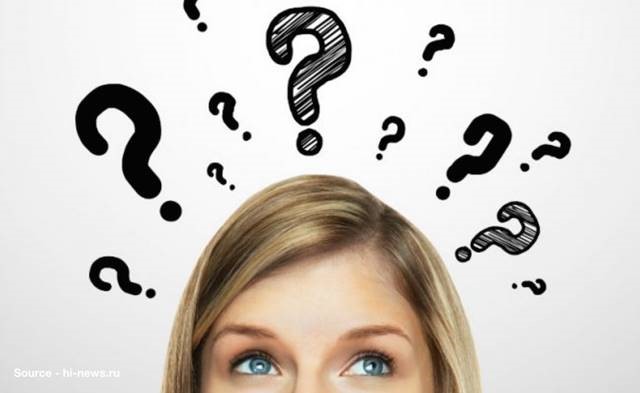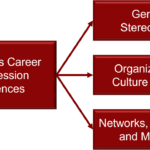Humans have psychological needs which when left unmet can lead to extreme distress. Some of the most important are: a sense of safety and control, being connected to others and a feeling of knowing or certainty.
People react differently to uncertainty. Some have a much higher tolerance than others and those with a low tolerance are typically less resilient. They can more easily and more quickly feel down. This in turn may lead to high levels of anxiety or trigger other mental health issues.
Whenever we feel threatened or face uncertainty the stress response is automatically triggered in our brain. This occurs regardless of whether the threat is real or perceived. Our brain can't tell the difference.
To say we are living in uncertain times is a gross understatement, not to mention the speed at which we've been thrust into these unprecedented circumstances.
This article presents a few ideas for mitigating our current predicament and coping with what lies ahead.
1. Connect with those you care about:
Yes, we must keep a safe physical distance from one another during this pandemic, however, psychologically we need to be connected and we need social interaction. It's critical for our mental health. Thanks to the internet and other devices we can do this in many ways. Reach out to others for your own and their well-being.
I've Face-Timed, Skyped, Zoomed and talked on the phone with family, friends and clients in the past few weeks. Some of those methods ensure that I get out of my pj's and comb my hair which is a good thing.
2. Practice Letting Go:
There is an inverse relationship between stress and control. The less one feels in control, the higher the brain perceives threat and continues to call on the stress response to help one survive. We also know that the mind can trick us. In times like we're facing, it's imperative we learn how to "let go" when the threat is more perceived than real.
Letting go is a significant strength. It is also a learned strategy. One of the best practices you can start doing, or do more regularly, is mindfulness meditation. Learning to be mindful is not magic; anyone can do it. And there are wonderful tools to help.
I recommend the Insight Timer app which can be downloaded on your phone. It has hundreds of choices, for beginners to advanced. You can find music or guided meditations from 6 mins. to two hours, all designed to help you let go of distress.
Recently I listened to a wonderful 30 minute piano meditation. In my calm state afterwards I practiced my crokinole skills and sunk four discs for 20 points each! I have to practice so my 5 year old granddaughter doesn't always win!
3. Consistently Spend Time In Nature:
Research has shown that sitting or walking in natural settings has both physical and mental benefits. Being in or viewing natural scenes increases pleasant feelings and reduces fear and anger. Physically it curtails the production of stress hormones, reducing blood pressure, heart rate and easing muscle tension.
One study showed that when participants viewed nature scenes, the parts of the brain associated with empathy and love lit up. No question we can all benefit from more empathy and love in these trying times.
We can choose to walk in parks and green spaces while maintaining appropriate physical distancing. We can also select nature shows and documentaries with gorgeous relaxing natural scenes versus being overloaded by distressing commentaries and news updates. We're being advised to limit those to a short time period, once per day.
4. Ask For What You Need & Give What You Can:
Our daily lives have been turned upside down, but this is NOT the time to be shy or reticent about asking for help if there's something you need, or for offering help to others.
Despite the relentless barrage of sordid statistics to keep us current on the impact of the pandemic, there are also hundreds of stories of how people are helping and making sacrifices for the common good. Tune into those stories to lift your Spirit and learn how people can come together to make our world a better place.
A sultan requested of King Solomon a sentence that would always be true in good times or bad.
Solomon responds, "This too will pass away."
Love & Light to Each of You, Kathleen





